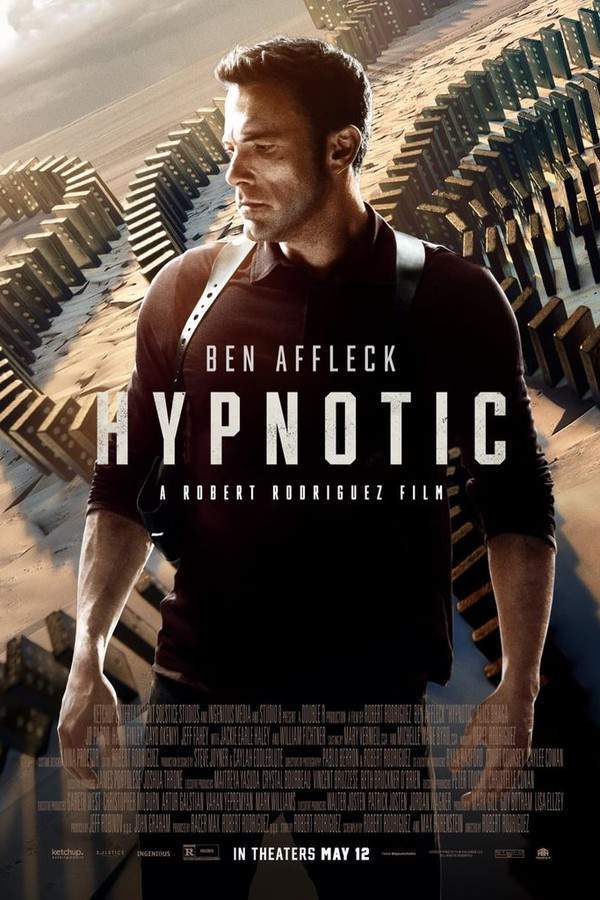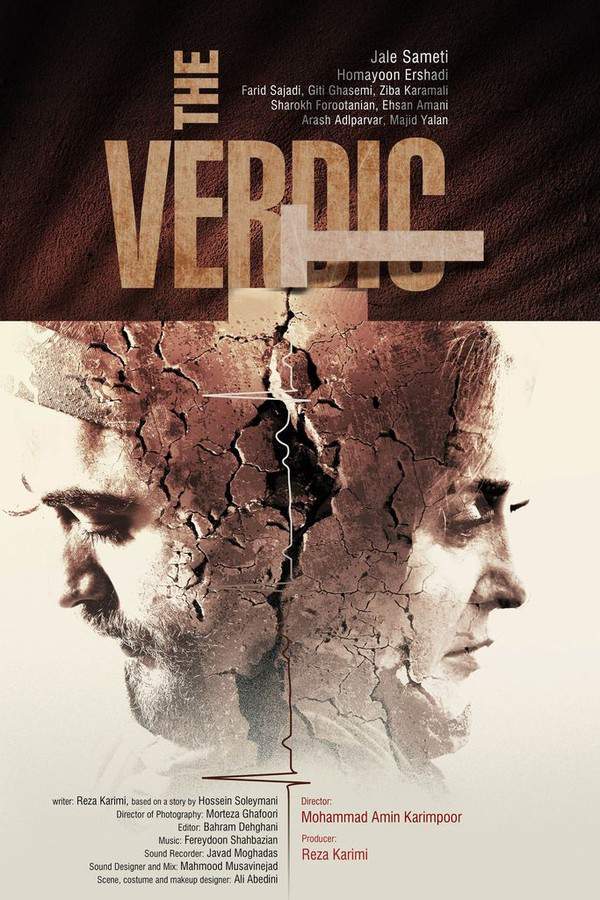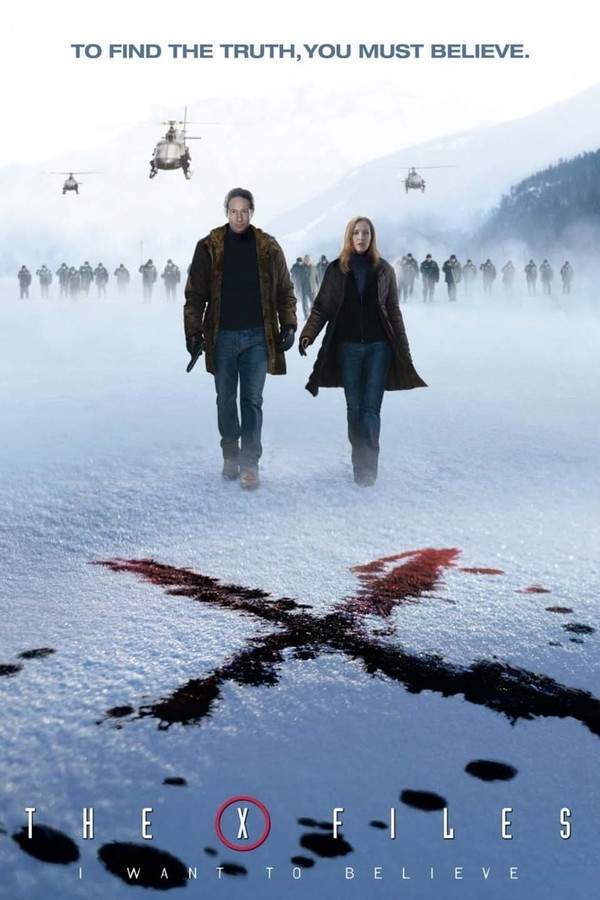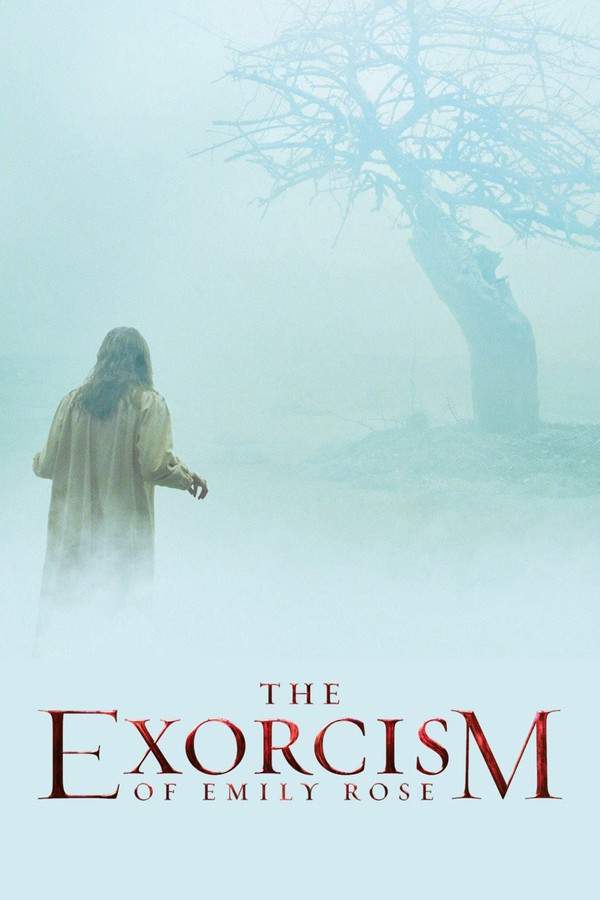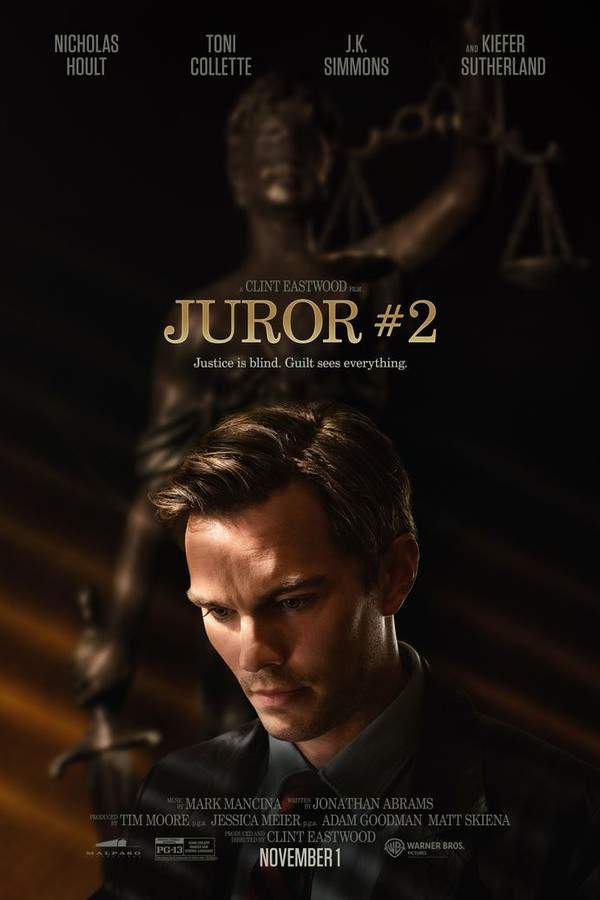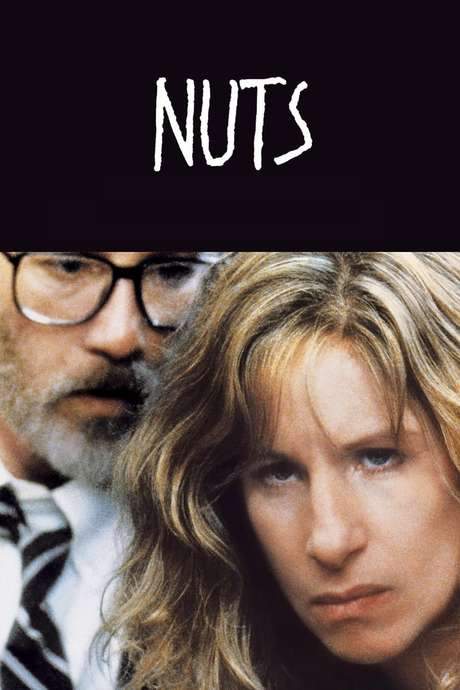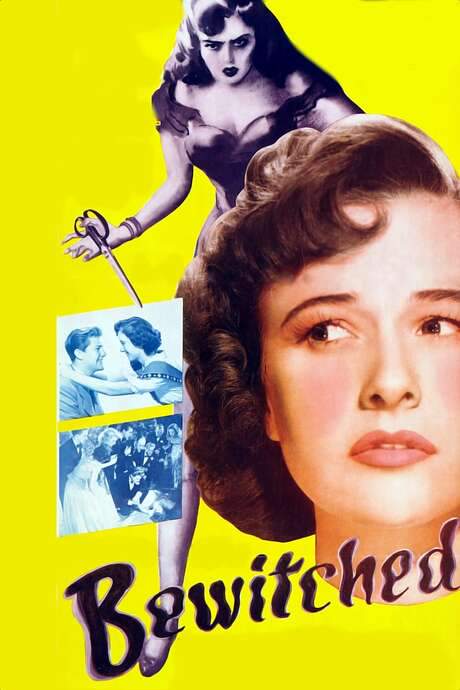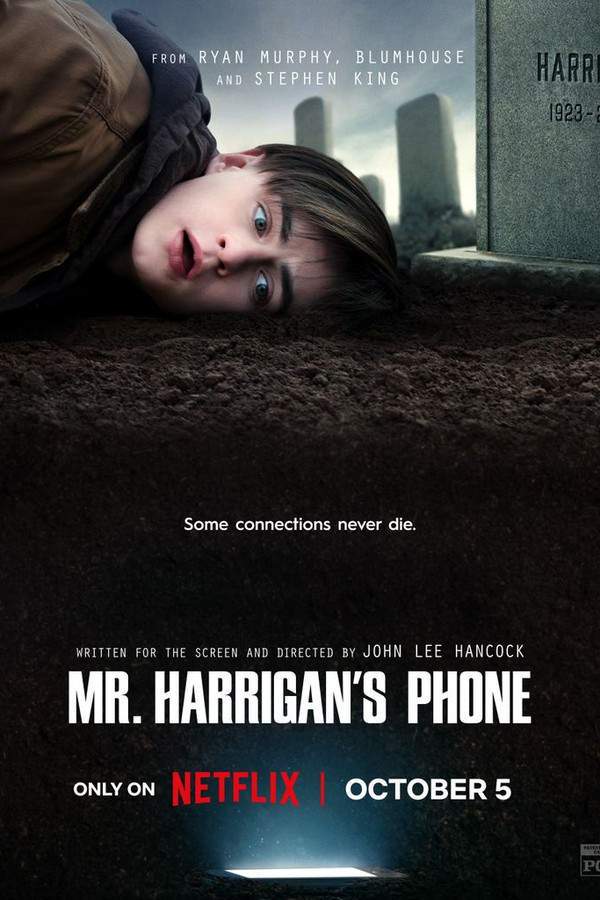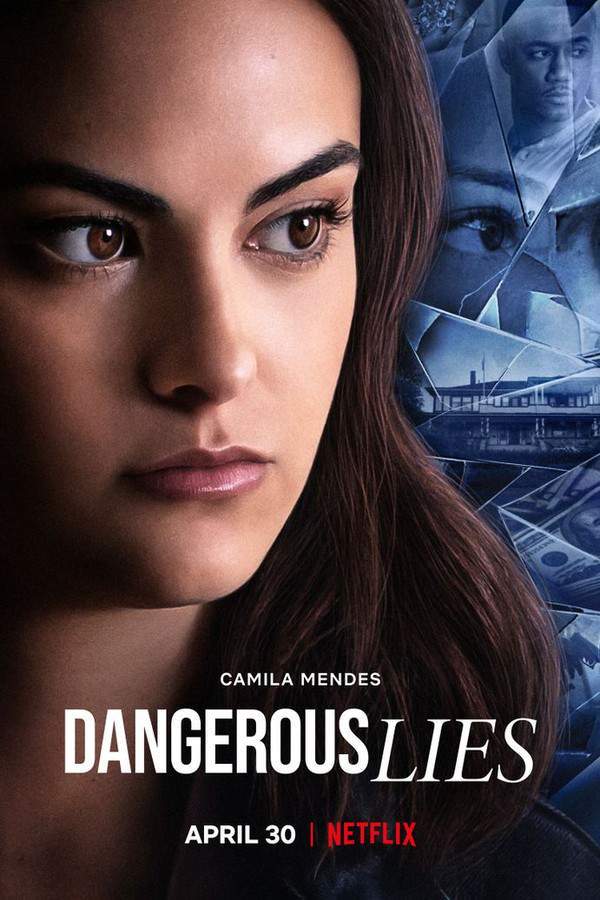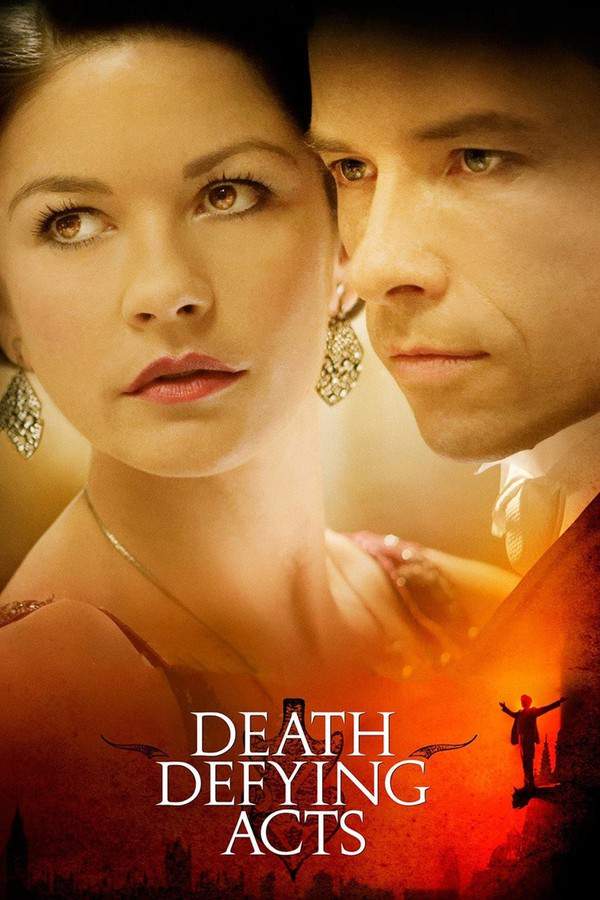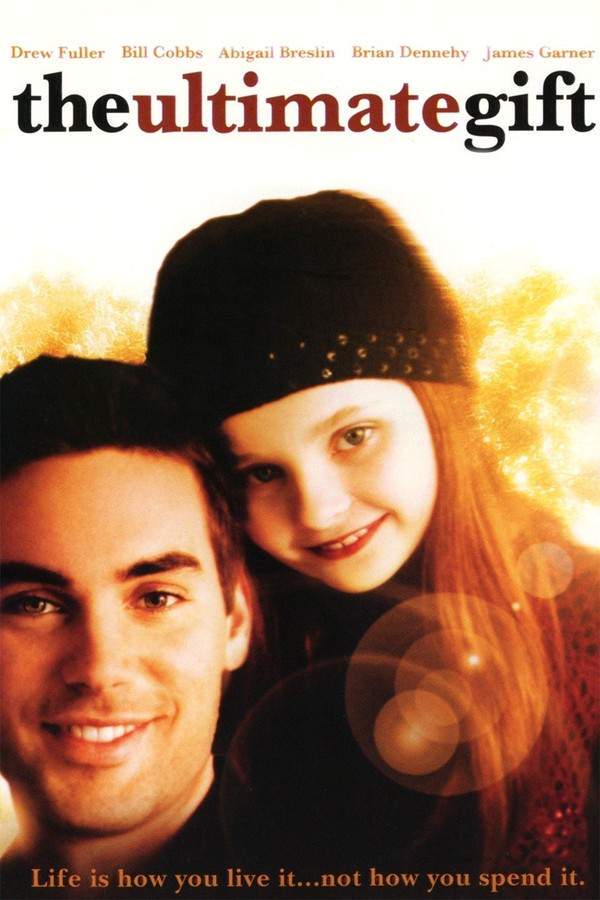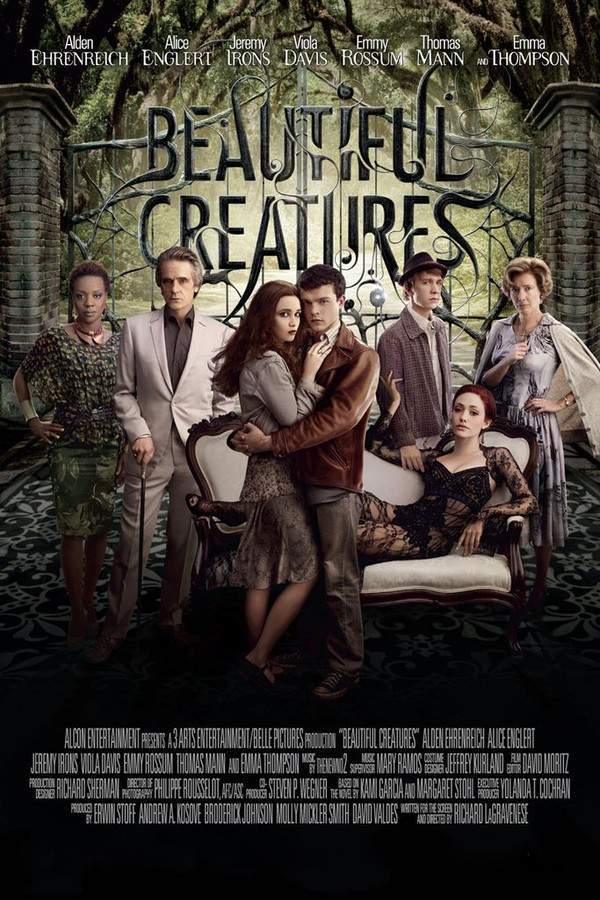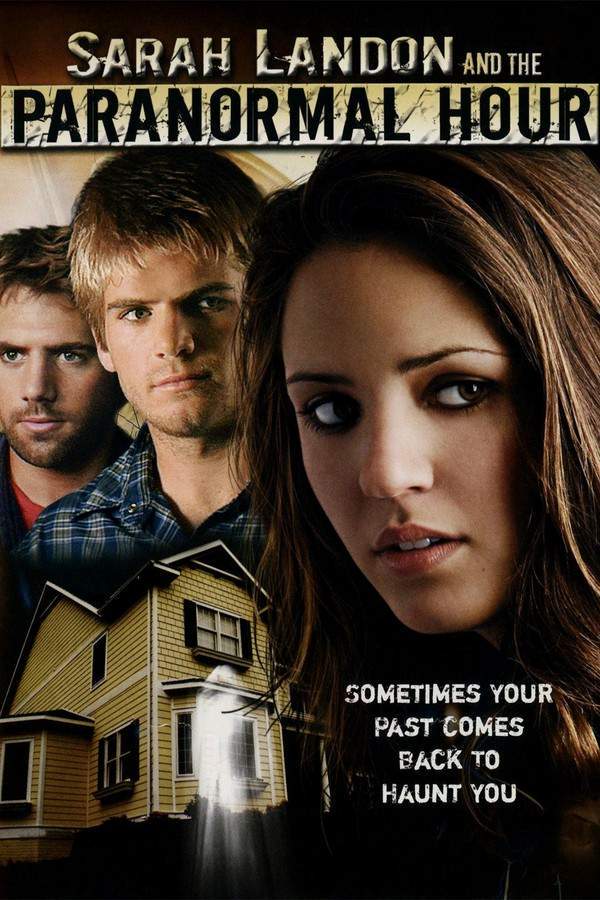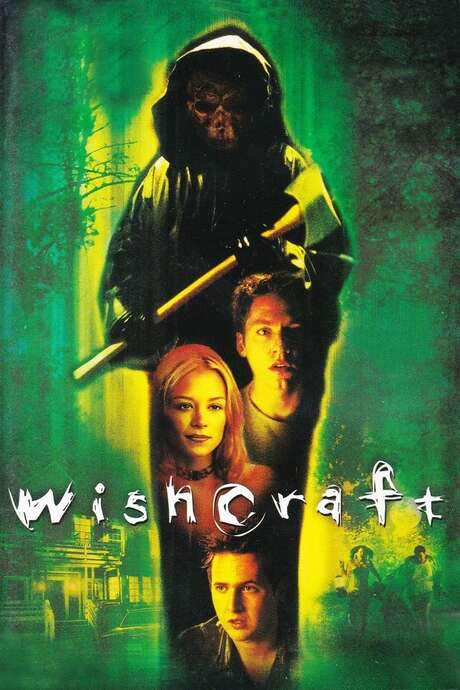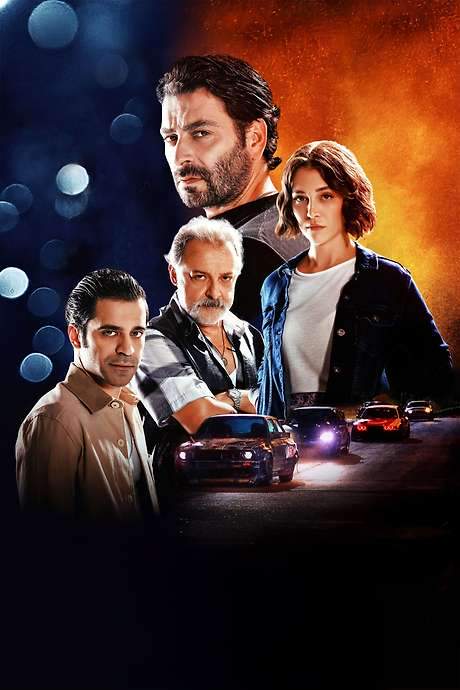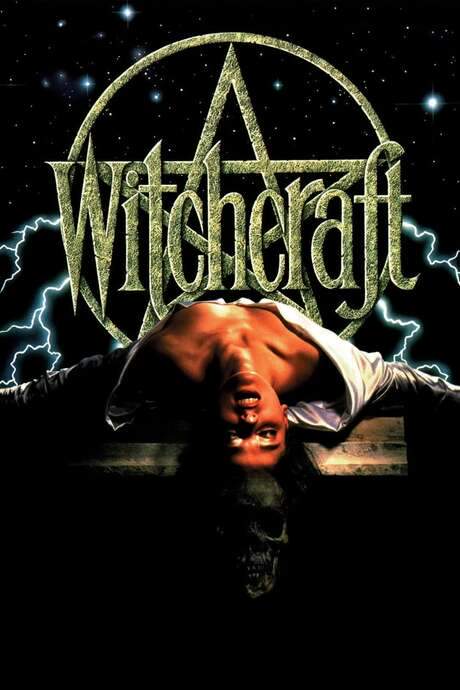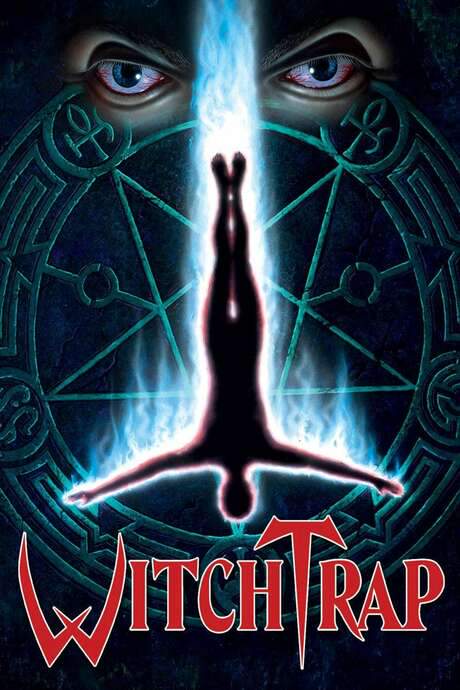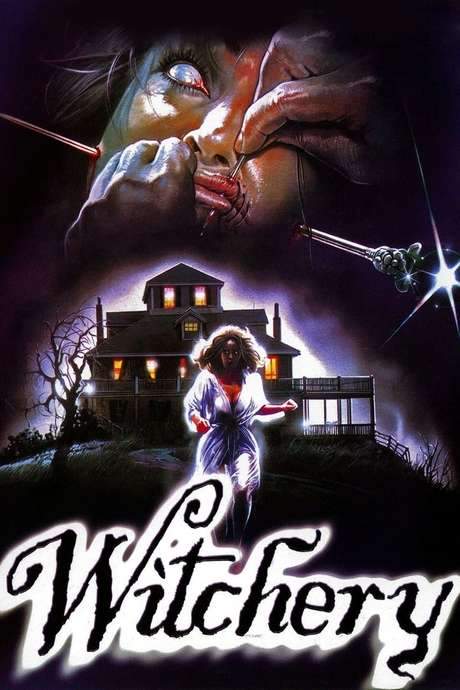
The Witching Hour
Year: 1934
Runtime: 69 mins
Language: English
Director: Henry Hathaway
Jack Brookfield, a gambler with clairvoyant and hypnotic abilities, uses his gift to win at cards. He unintentionally hypnotizes young Clay Thorne, who, while trance‑bound, kills an opponent of Brookfield. Dismissed as innocent, Thorne faces execution. Brookfield teams with retired lawyer Martin Prentice to prove his innocence and save him.
Warning: spoilers below!
Haven’t seen The Witching Hour yet? This summary contains major spoilers. Bookmark the page, watch the movie, and come back for the full breakdown. If you're ready, scroll on and relive the story!
The Witching Hour (1934) – Full Plot Summary & Ending Explained
Read the complete plot breakdown of The Witching Hour (1934), including all key story events, major twists, and the ending explained in detail. Discover what really happened—and what it all means.
In a quiet Kentucky house, Jack Brookfield keeps a late-night gambling circle running, a secret ritual that sits at the edge of respectability. His daughter, Nancy Brookfield, has fallen for Clay Thorne, a young Northern architect whose future seems tied to the Brookfields’ world. Brookfield’s mother—an old Baltimore friend—arrives with the hope of steering her son away from vice. When she sees Brookfield in the garden with his daughter, she appears reassured, and Brookfield proclaims that the gambling for that evening is over, signaling a fragile peace for the moment.
After the guests depart, a spark of mystery flickers to life. Lew Ellinger, a familiar customer, bets on a poker hand and presses Brookfield to join regardless of his claim of not gambling. Brookfield nevertheless plays along, and in a startling moment, tells Ellinger exactly what cards he holds. When Ellinger insists on looking again, Brookfield reciprocates with an almost uncanny honesty about what Ellinger sees, though Brookfield himself cannot fully explain how he can divine the hand. The revelation unsettles Ellinger, who asks how this feat is possible. Brookfield admits he cannot truly explain it, and the gift—this odd, burdened ability—has kept him from gambling, which saddens Ellinger deeply.
Outside, the town’s police chief gathers his men to raid Brookfield’s house, but the raid yields nothing—no cards, no games, no proof of wrongdoing. Inside, Nancy heads to bed, and Clay grows uneasy when he notices a cats-eye ring— collateral once offered by Ellinger—on Brookfield’s finger. The small symbol becomes a test of Clay’s nerve and a reminder of the power Brookfield unknowingly holds.
Brookfield then receives a visit from Frank Hardmuth, a man with a grudge who wants to boss the town and dictate who is worthy of Nancy. The confrontation turns physical when Brookfield punches Hardmuth and warns that one day a man will come into his office and shoot him. Clay overhears, and Brookfield’s reassurance—that his fear is irrational—does little to ease the fear he secretly harbors. In a moment of unintended manipulation, Brookfield hypnotizes Clay, a talent he does not fully comprehend or intend to wield.
The last visitor of the night is Judge Martin Prentice, whose steady, compassionate nature offers Brookfield some relief about his gift. Prentice cautions Brookfield about the perils of using hypnotism, suggesting that hidden powers bring equally hidden risks.
Tragedy soon follows as Clay travels to Hardmuth’s office and shoots him dead, unaware of the full consequences of his actions. With Hardmuth dead, the family insists on a defense, but hypnosis is dismissed by others as a credible basis for a defense. The question of who should defend Clay becomes urgent, and the family turns to Prentice, hoping he will understand the case. Prentice, initially reluctant, is persuaded by the ghostly memory of Margaret Price—the late Mrs. Thorne’s mother and Prentice’s former love—to take on the defense.
The trial unfolds with difficult testimony and limited hope. Even Dr. von Strohn, a renowned expert on hypnosis, struggles to sway the jury. In a desperate gambit, Prentice has Brookfield hypnotize the openly skeptical jury foreman into firing a gun at the district attorney—though the weapon is loaded with blanks. The gambit pays off in a perverse sense, and the jurors render a not guilty verdict, allowing Clay Thorne to walk free.
The film closes on a note that blends the uncanny with the courtroom drama, leaving the audience to ponder the limits of mind over matter and the cost of a man’s hidden gifts. The town breathes a cautious sigh as the truth of hypnotism—whether a blessing or a burden—lingers in the shadows, long after the jury’s verdict.
Last Updated: October 09, 2025 at 12:31
Explore Movie Threads
Discover curated groups of movies connected by mood, themes, and story style. Browse collections built around emotion, atmosphere, and narrative focus to easily find films that match what you feel like watching right now.
Supernatural Courtroom Dramas like The Witching Hour
Stories where paranormal powers are tested in the rigid world of law and justice.If you liked The Witching Hour, you'll enjoy these movies where hypnosis, psychic powers, or other supernatural elements collide with the legal system. These films blend mystery and tension, exploring justice through an uncanny lens. Discover similar stories of paranormal gambits in courtrooms.
Narrative Summary
Movies in this thread typically follow a character with a unique, often misunderstood ability who becomes embroiled in a legal case. The plot hinges on using this power as a key piece of evidence or a desperate defense strategy, creating a high-stakes intellectual and ethical puzzle that challenges the very nature of proof and guilt.
Why These Movies?
These films are grouped together because they share a core conflict: the introduction of the inexplicable into the rational framework of the law. They create a specific kind of suspense that is both intellectual and eerie, focusing on moral dilemmas and the psychological tension of a courtroom where the rules of reality seem to bend.
Movies about Cursed Gifts like in The Witching Hour
Characters whose unique talents become a source of guilt and ethical conflict.Explore films similar to The Witching Hour, where a character's supernatural gift leads to unintended disaster. These stories focus on the burden of power, moral responsibility, and the difficult path to making things right. Find movies about haunted protagonists wrestling with their abilities.
Narrative Summary
The narrative pattern involves a character discovering or wielding a potent ability, which then triggers a chain of events leading to a serious negative outcome, often the harm of an innocent person. The protagonist's arc is defined by their attempt to rectify the damage, facing ethical quandaries and personal guilt, typically culminating in a resolution that is more about moral reckoning than clear-cut victory.
Why These Movies?
These movies are connected by their exploration of a specific character archetype: the gifted but burdened individual. The shared mood is one of melancholic suspense and anxiety, driven by the protagonist's internal conflict and the external consequences of their actions, resulting in a consistently tense and emotionally weighted experience.
Unlock the Full Story of The Witching Hour
Don't stop at just watching — explore The Witching Hour in full detail. From the complete plot summary and scene-by-scene timeline to character breakdowns, thematic analysis, and a deep dive into the ending — every page helps you truly understand what The Witching Hour is all about. Plus, discover what's next after the movie.
The Witching Hour Timeline
Track the full timeline of The Witching Hour with every major event arranged chronologically. Perfect for decoding non-linear storytelling, flashbacks, or parallel narratives with a clear scene-by-scene breakdown.

Characters, Settings & Themes in The Witching Hour
Discover the characters, locations, and core themes that shape The Witching Hour. Get insights into symbolic elements, setting significance, and deeper narrative meaning — ideal for thematic analysis and movie breakdowns.

The Witching Hour Spoiler-Free Summary
Get a quick, spoiler-free overview of The Witching Hour that covers the main plot points and key details without revealing any major twists or spoilers. Perfect for those who want to know what to expect before diving in.

More About The Witching Hour
Visit What's After the Movie to explore more about The Witching Hour: box office results, cast and crew info, production details, post-credit scenes, and external links — all in one place for movie fans and researchers.

Similar Movies to The Witching Hour
Discover movies like The Witching Hour that share similar genres, themes, and storytelling elements. Whether you’re drawn to the atmosphere, character arcs, or plot structure, these curated recommendations will help you explore more films you’ll love.
Explore More About Movie The Witching Hour
The Witching Hour (1934) Scene-by-Scene Movie Timeline
The Witching Hour (1934) Movie Characters, Themes & Settings
The Witching Hour (1934) Spoiler-Free Summary & Key Flow
Movies Like The Witching Hour – Similar Titles You’ll Enjoy
Witch (2024) Film Overview & Timeline
The Witch Affair (2003) Full Summary & Key Details
Witching Time (1000) Story Summary & Characters
The Witching Hour (1985) Film Overview & Timeline
Witchcraft (1988) Movie Recap & Themes
Witchtrap (1989) Movie Recap & Themes
Witching Hour (1917) Story Summary & Characters
Witchery (1988) Spoiler-Packed Plot Recap
Witchcraft (1964) Story Summary & Characters
The Witch (1966) Full Summary & Key Details
Night of the Witches (1971) Movie Recap & Themes
The Witches (1966) Full Summary & Key Details
Witch Hunt (1994) Full Movie Breakdown
Mark of the Witch (1970) Ending Explained & Film Insights
The Witch (1954) Ending Explained & Film Insights

